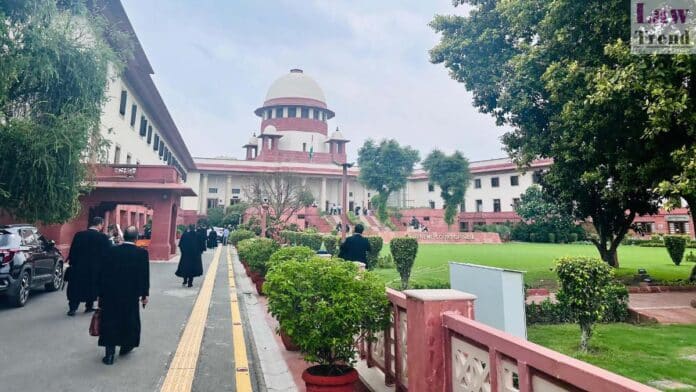The Supreme Court of India has issued a set of directives to all High Courts across the country to bring transparency and expedition to the process of delivering judgments. Hearing a writ petition concerning inordinate delays in the pronouncement of judgments, a bench comprising Justice Surya Kant and Justice N. Kotiswar Singh mandated that all
To Read More Please Subscribe to VIP Membership for Unlimited Access to All the Articles, Download Available Copies of Judgments/Order, Acess to Central/State Bare Acts, Advertisement Free Content, Access to More than 4000 Legal Drafts( Readymade Editable Formats of Suits, Petitions, Writs, Legal Notices, Divorce Petitions, 138 Notices, Bail Applications etc.) in Hindi and English.




